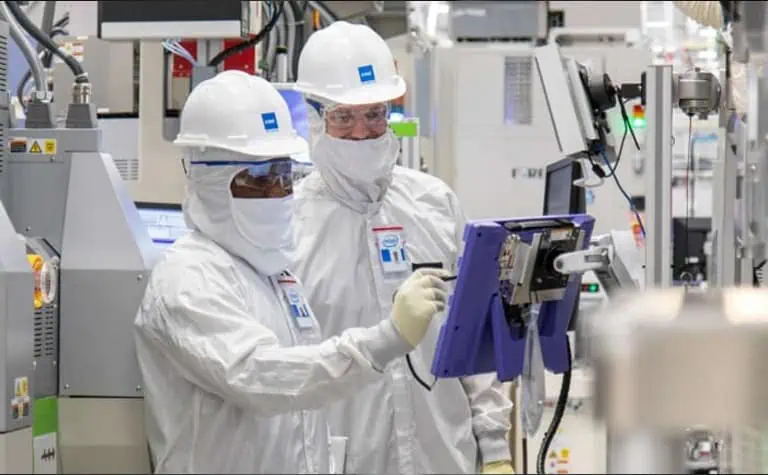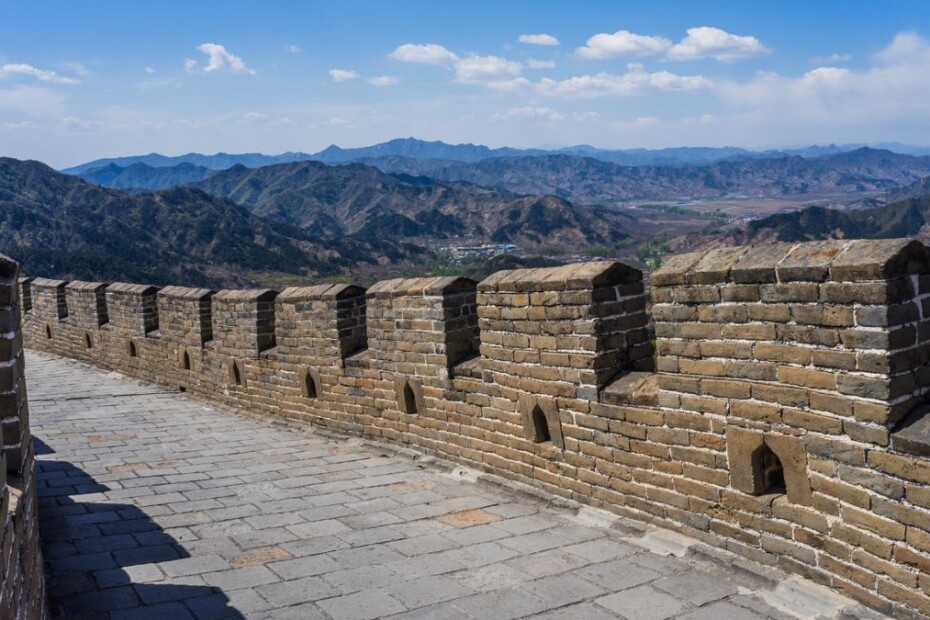Pet Robots vs Robotaxis
What’s at stake:
Never underestimate pet robots. Sure, they’re toys and they’re adorable . But they foreshadow a future in which people need to communicate, interact and establish relationships with machines.
I’ve been back “home” in Japan for less than a week, during which I’ve been repeatedly reminded — again — of this country’s eternal fascination with robots, and with how people here tend to fall in love with anything cute.
I refer, of course, to Nicobo, a cuddly robot developed by Panasonic and released last May.
Read More »Pet Robots vs Robotaxis









